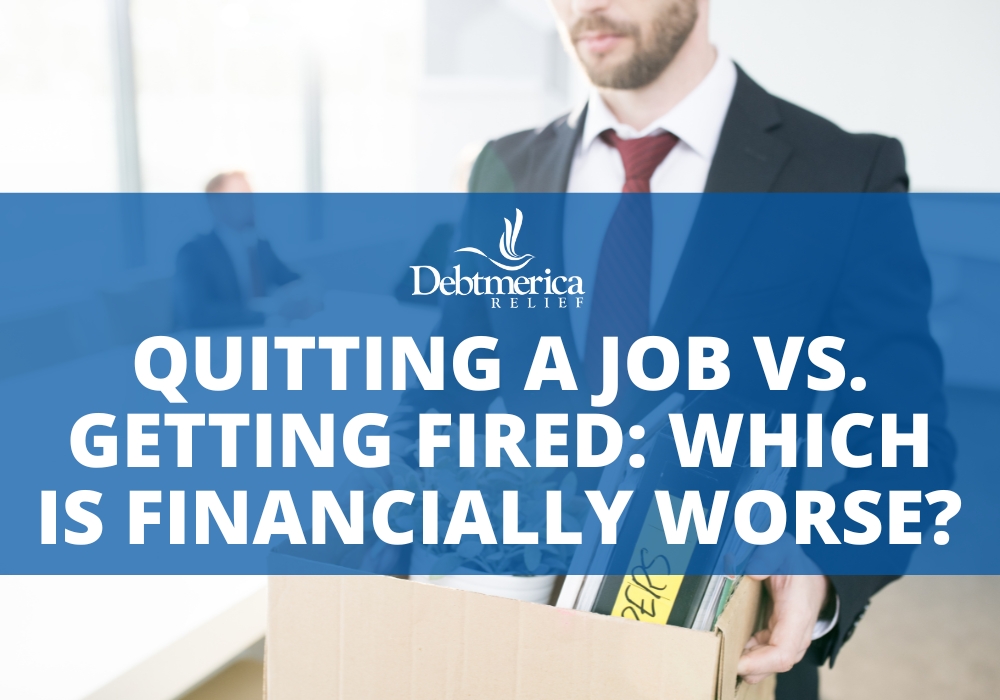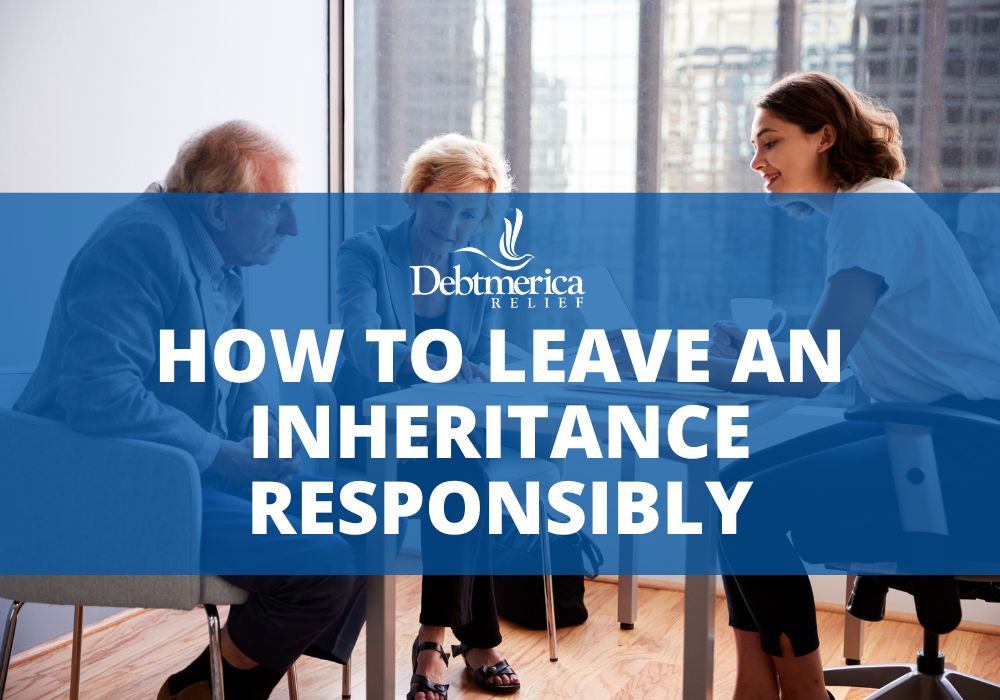Quitting a Job vs. Getting Fired: Which is Financially Worse?

The decision to leave a job—whether by quitting or being fired—comes with financial implications that vary significantly. While both scenarios can be disruptive, understanding the financial consequences of each can help you navigate your career decisions and manage the potential fallout.
Unemployment Benefits
One of the most immediate financial concerns after leaving a job is the loss of income. However, unemployment benefits can offer a temporary financial cushion. This is where being fired may offer an advantage over quitting.
- Getting Fired: In most cases, if you’re terminated from your job through no fault of your own (e.g., due to downsizing or poor job performance), you are typically eligible for unemployment benefits. These benefits can help cover your living expenses while you search for a new job.
- Quitting: When you voluntarily quit, unemployment benefits are generally off the table unless you can prove you left for a legally accepted reason, such as harassment or unsafe working conditions. This means that quitting without a new job lined up can leave you without any income.
Severance Packages
Severance pay can provide a significant financial buffer, but it’s not guaranteed in either scenario.
- Getting Fired: Depending on the company’s policies or the terms of your employment contract, you may be entitled to a severance package if you are fired, especially in cases of layoffs or downsizing. Severance packages typically include a lump-sum payment, continuation of benefits for a limited time, and possibly outplacement services.
- Quitting: Voluntarily leaving a job almost never comes with a severance package. This means that quitting often puts you at a financial disadvantage compared to being fired if severance pay is involved.
Health Insurance and Benefits
Losing a job also means losing your employee benefits, which can be a major financial blow, especially regarding health insurance.
- Getting Fired: If you’re fired, your employer may offer COBRA (Consolidated Omnibus Budget Reconciliation Act) continuation coverage, allowing you to temporarily keep your health insurance. However, you’ll have to pay the full premium, which can be expensive.
- Quitting: The same COBRA option is available if you quit, but again, you’ll be responsible for the premiums. If your job included other benefits such as retirement contributions or stock options, leaving could mean forfeiting those unless they’re vested.
Career Reputation and Future Job Prospects
The way you leave a job can impact your future earnings potential, which is a less immediate, but still important, financial consideration.
- Getting Fired: Being fired can carry a stigma, particularly if the firing was due to poor performance or behavioral issues. However, if you were fired due to layoffs or structural changes, future employers may be more understanding.
- Quitting: Quitting can provide more control over the narrative, especially if you’re leaving on good terms. However, walking away without another job lined up can raise red flags for future employers, potentially affecting your ability to negotiate higher pay or benefits in future positions.
Legal Considerations and Non-Compete Clauses
Both quitting and getting fired can trigger legal complications, which may have financial consequences.
- Getting Fired: If you’re fired, it’s important to review any employment contracts or agreements you signed. Non-compete clauses or confidentiality agreements may limit your ability to work in the same industry for a certain period, which could affect your earning power.
- Quitting: When you quit, you’re generally subject to the same legal restrictions. However, voluntarily leaving a company can sometimes make negotiating an exception to these clauses more difficult, as employers may be less motivated to release you from such agreements.
Conclusion: Which is Financially Worse?
In most cases, quitting a job is financially worse than being fired—especially if you don’t have another job lined up. Quitting means you forgo unemployment benefits, severance pay, and may be left without a financial cushion while you search for new employment. Getting fired, though difficult, can provide some financial relief through unemployment benefits and severance packages, depending on the circumstances. In any case, being unemployed can come with a reliance on credit cards or loans, which can quickly get out of hand. Debtmerica Relief has over 18 years of experience in providing relief to our clients whose financial burdens have become too much to handle.
If you need help with debt, contact us for a free consultation.



